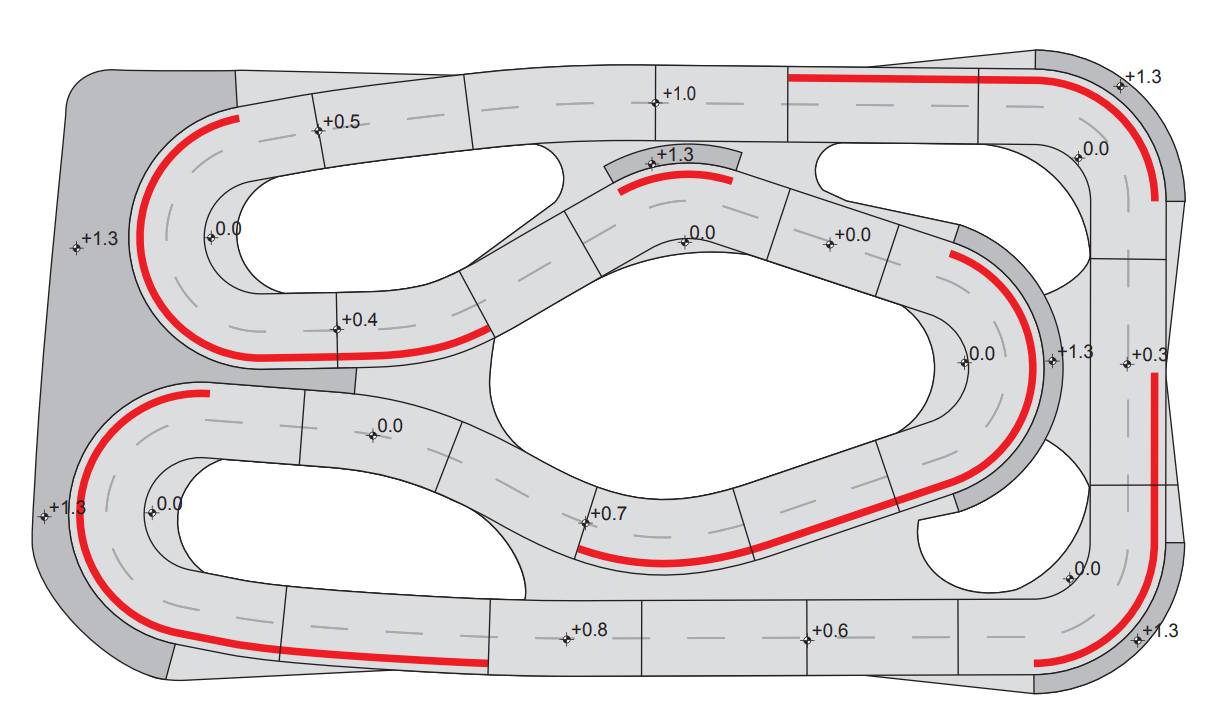The Councils Scheme of Delegation authorises the Clerk to the Council/Responsible Finance Officer and Standing Committees to act with delegated authority in the specific circumstances detailed.
Delegated Powers re Planning
Planning applications shall be received by the Clerk who will provide details to Councillors. Councillors will be given a time limit to respond. When the Clerk considers that there is a consensus in the responses from the councillors who have responded, the Clerk shall be delegated to inform the Planning Department within the time allocated of the decision of the Council.
All Councillors will report directly back to the Clerk thereby avoiding discussion between members.
In the event that the full council is able to notify the Clerk of their intended responses during a full council meeting, where the item of business has not been published on the agenda, the Clerk may use this notice from council members to submit a delegated planning response.
If an extraordinary meeting or committee meeting is arranged to resolve the planning application, the Clerk will no longer proceed with this scheme of delegation. Where queries arise the Chairman may call an Extraordinary Meeting to decide upon the application. Adhering strictly to legal procedures.
Document History
This policy replaces: https://www.templecloud.org.uk/documents/scheme-of-delegation/
Appendix 1 – Supporting information:
S101 delegation of powers
The Scheme of Delegation (s101 of the 1972 LGA), provides for delegating authority to the Clerk for making decisions on behalf of the council as and when appropriate. S101 requires formally agreed Terms of Reference by the Council. It needs to be based in Terms of Reference (see Scheme of Delegation above) that sets out the key themes of the delegation and the financial thresholds that apply.
This scheme of delegation is a temporary measure to facilitate effective decision making whilst the COVID-19 restrictions are in place. It allows the Clerk to take on the executive role during this time.
Delegation of Power
Section 101 of the Local Government Act 1972 provides:
- That a Council may delegate its powers (except those incapable of delegation) to a committee or an officer.
- A Committee may delegate its powers to an officer.
- The delegating body may exercise Powers that have been delegated.
Any delegation to the Proper Officer shall be exercised in compliance with the Council’s Standing Orders, any other policies or conditions imposed by the Council and within the law.
The Proper Officer may nominate another named Officer to carry out any powers and duties, which have been, delegated to that Officer.
In an emergency, the Proper Officer is empowered to carry out any function of the Council.
Where officers are contemplating any action under delegated powers, which is likely to have a significant impact in a particular area, they should also consult a minimum of two Members, and must ensure that they obtain appropriate legal, financial and other specialist advice before action is taken.
The following items may not be delegated to the Clerk:
- To appoint the Chairman and Vice-Chairman in May each year
- To sign off the Governance Statement by 30th June each year
- To set the precept
- To appoint the Head of Paid Service (Clerk)
- To make byelaws
- To borrow money
- To consider any matter required by law to be considered by Council.






